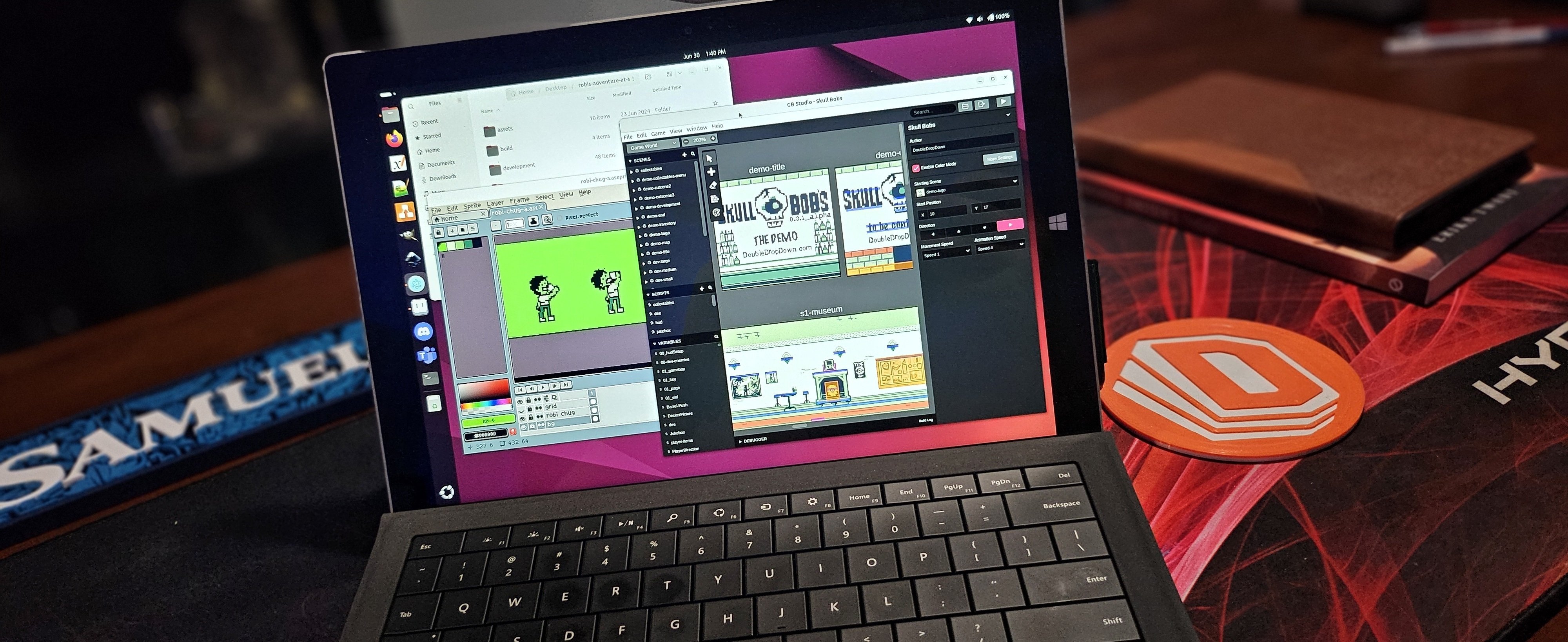I'm 43 and not really starting using Linux. I've dabbled with distros on and off over the years, but I never made the full switch because work always had some program or policy that just wouldn't play nice with Linux. With all the crappy Microsoft decisions, bloatware, and ads I decided to try and use Linux exclusively on a personal device, and I'm absolutely loving it!
I've been working with Ubuntu as my main distro, and I've also been playing around with distros on a Raspberry Pi. To really challenge myself, I installed Linux on an old Surface Pro 3, and guess what? It just works! I was pleasantly surprised by how smooth the setup was and how well it performs.
I missing any key steps or tips to make the experience even better on a Surface? Any insights would be greatly appreciated. I was planning to buy a new tablet that runs Linux but this is working better than expected. I'm really enjoying the flexibility and control Linux offers and want to keep this momentum going.
I have read up and tried plenty, just looking for some perspectives out there specific to your tablet experiences.
EDIT Thank you for all the suggestions and insights! I'm going to continue using the Ubuntu build for the next few months. Still lots more to learn, but I'm excited to see how this goes. I have everything setup I need to function as a Linux only tablet experience. no more dependency on Windoze.
EDIT 2 I have been using Ubuntu for a few weeks and it generally works. The touch has been great but I do notice it is a bit buggy at times and the virtual keyboard leaves a lot to be desired. I did read this article today that talks about their experience more on a Surface Pro 4. https://www.binwang.me/2024-07-12-A-Review-of-Linux-on-Surface-Pro-4.html

You might want to look at Surface Kernel for Linux. The link below shows their matrix of features on various Surface products and support within the Surface for Linux kernel. You would install Ubuntu and then install these updates to make Surface hardware function better. They have a lot of bespoke hardware in their laptops and tablets that aren't supported by the Ubuntu Linux Kernel out of the gate. https://github.com/linux-surface/linux-surface/wiki/Supported-Devices-and-Features#feature-matrix
Ok this is getting to the question I had. I found a few YouTube videos that went into detail about updating the kernel. I was wondering what's the purpose when it was working as well as it has. I'm going to try to do this and follow the guides. Initially I had to overcome a BitLocker issue and a bug where I couldn't overwrite the partition. Once I finally got Ubuntu running I was ready to dive into making it touch compatible, but it was already there. I suspect this makes it even better
If it works well for you, don't worry about it. The matrix will show what kind of support improvements you might expect over the standard kernel.